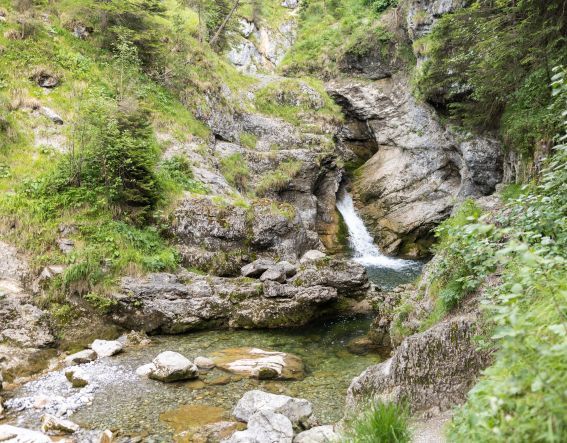
The world's most precious resource - the water of the Alps is so important
Do you actually realize how important water really is? We're talking about the world's most precious resource. Here you can learn everything about the importance of water, what the Alps have to do with it, our measures, and tips on how you can make your contribution.
What is the most important resource in the world? That's right, water, of course! Water is the basis of all life. Without water, you and we wouldn't be here! Only with water is the life of animals, plants, and humans possible.
Groundwater is both a source of drinking water and a habitat. For Explorer Hotels, water is liquid blue gold that must be protected.
Why is the water of the Alps so important for life on Earth?

The Alps are full of rivers, streams, lakes, and waterfalls! According to the German Alpine Club (Deutscher Alpenverein): https://www.alpenverein.de/artikel/fluesse-seen-wasserfaelle-in-den-alpen_5fe8369d-bce9-40e2-ad3c-6012b0a45b6f, there are 3,000 to 4,000 lakes in the Alps. The exact number is very difficult to determine because the lakes are constantly changing. Some of Central Europe's most important rivers, such as the Rhine, the Rhône, and the Po, also originate in the Alps. This makes the Alps the largest freshwater reservoir in Europe, according to the German Association for Nature Conservation (Bund Naturschutz): https://www.bund-naturschutz.de/alpen/wasser-in-den-alpen. The high mountains supply drinking water and industrial water to large parts of Europe.
The four seasons play a major role in the Alps. During the winter, water accumulates in the mountains in the form of snow and ice. The water is stored in the Alps until the snow melts. The "Austrian Federal Ministry for Agriculture, Forestry, Regions and Water Management": https://www.generationblue.at/wasserwissen/naturgefahrwasser/schneeschmelze.html confirms: meltwater is important for groundwater recharge and therefore for the water supply. A winter with little snow can lead to bottlenecks at regional water suppliers.
```
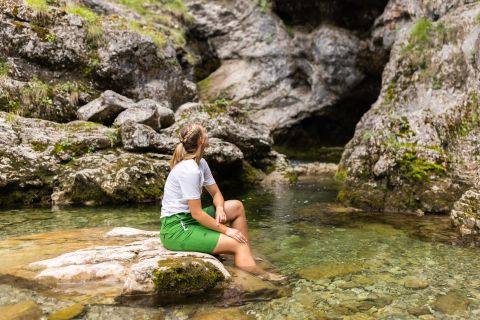

As spring approaches, the snow begins to melt. Spring depends on sufficient snowmelt, as it provides the necessary soil moisture for sowing and facilitates the transport of nutrients into the soil through seepage. According to the German Association for the Protection of Nature (Bund Naturschutz): https://www.bund-naturschutz.de/alpen/wasser-in-den-alpen, the Alpine region, with an average annual precipitation of 1,450 mm, carries a runoff volume of 216 billion cubic meters of water to the Alpine foothills. This water flows into rivers and eventually into the sea.
The "Federal Environment Agency": https://www.umweltbundesamt.de/themen/klima-energie/klimafolgen-anpassung/folgen-des-klimawandels/klimafolgen-deutschland/klimafolgen-handlungsfeld-wasser-hochwasser also says that climate change is changing our planet's water balance. In the long term, there will be less snow in winter. This will increasingly lead to dry periods in summer and autumn. Winters will be milder, meaning that precipitation in the form of snow will occur less frequently. The risk of flooding will also increase due to snowmelt and the warmer and wetter springs on average.
Climate change is causing the Earth's water balance to go haywire. This makes it all the more important to use the world's most precious resource consciously.

Our hearts beat green! Explorer Hotels are actively committed to sustainability. We want to protect the world's most precious resource as best we can.
To ensure we never run out of liquid gold, we at Explorer Hotels take great care of it: We haven't built any pools yet, all shower heads, sinks, and flush valves have water-saving devices. You decide when linens are changed during your stay.
Ecological & economic sustainability at the Explorer Hotel

Less is more! The Explorer Hotels focus on the essentials, or rather, on their core competency: sportive exploration of the Alps. After all, swimming in a hotel pool certainly wouldn't compare to a dip in a crystal-clear mountain lake, would it? Around the Explorer Hotels, you'll find a plethora of leisure pools that already exist. And utilizing the existing leisure infrastructure creates added value in the respective region.

Need numbers? Gladly! If you were to install a pool, more space would be required for construction, and water consumption would naturally be immense.
The water consumption becomes clear when you consider a single fill of an average swimming pool: 10m x 7m x 1.5m = 105m³ (volume in cubic meters). One cubic meter corresponds to one thousand liters of water. So: 105 × 1000 = 105,000 liters of water.

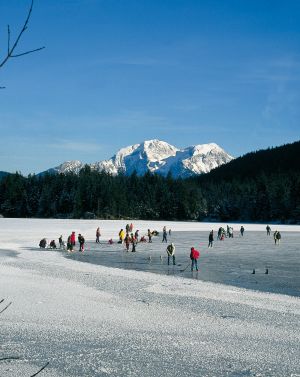


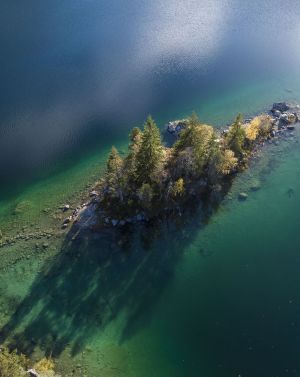
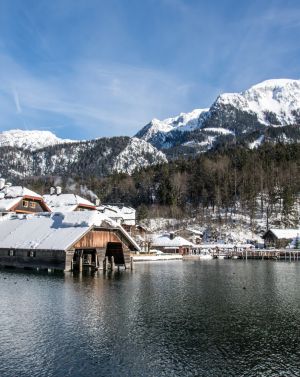










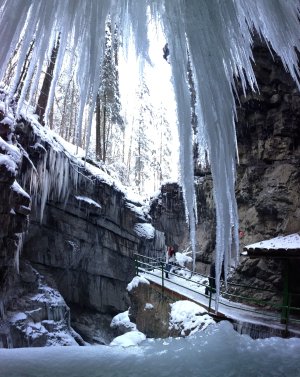






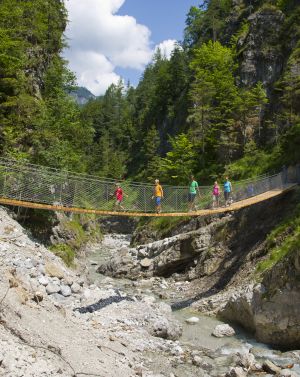


















Water, water, everywhere! No, stop! Only the fire department can call that! ;)
The Earth is 70% water, which is why it's also called "the blue planet." However, only 2.5% of this is drinkable freshwater, and most of that is trapped in glaciers. Constant water extraction often doesn't match the fluctuations in the natural water cycle. Human water consumption is high and deprives plants of water, which impacts the natural balance of the soil. Furthermore, some drinking water becomes wastewater, which is harmful to the environment.
→ Simply put: Saving water relieves the burden on the environment. Saving water also saves energy and money! 😎
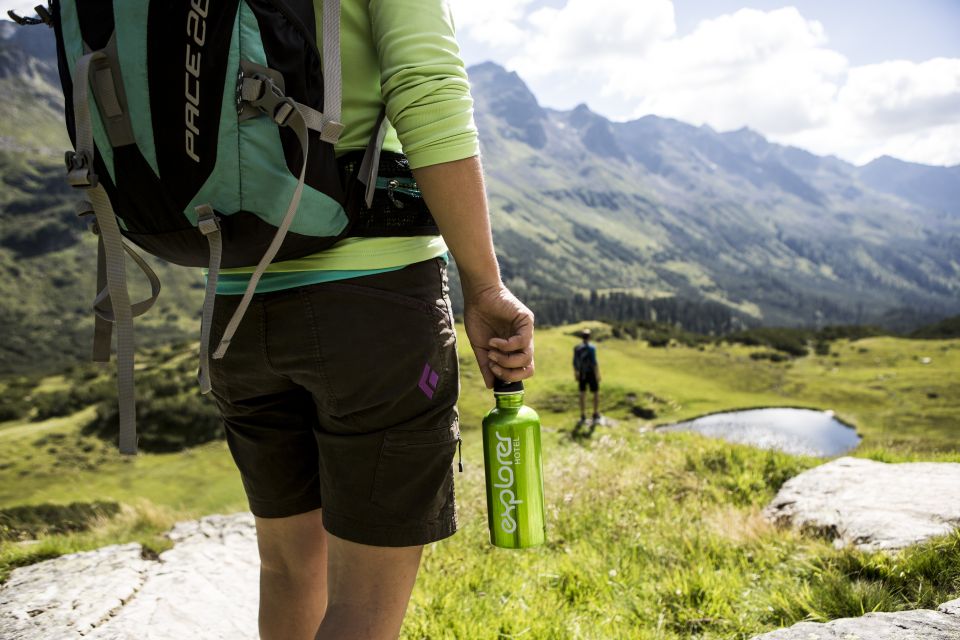
Small things can make a big difference! Help protect our drinking water with these little tips:
- Collect rainwater and use it to water your garden
- Install water-saving showerheads (By the way: You'll find water-saving features in the bathrooms of every Explorer Hotel.)
- Only run dishwashers and washing machines when fully loaded
- Use the correct amount of detergent
- Only wash your car at a car wash
- Use towels longer on vacation – at Explorer Hotels, you decide when to change them
- Take showers instead of baths
- Consider water consumption when buying new appliances
With us, the best quality water comes straight from the tap - what a luxury! We should definitely appreciate that more!
In all Explorer Hotels, the water comes fresh, sparkling, and of drinking quality. Did you know that in most Explorer Hotels regions, the water isn't even treated? It comes straight from the source and is of impeccable quality.
Stay hydrated!
At our Water Bar in the entrance area of the lounge, you can refill your water bottle anytime for your next Alpine adventure.


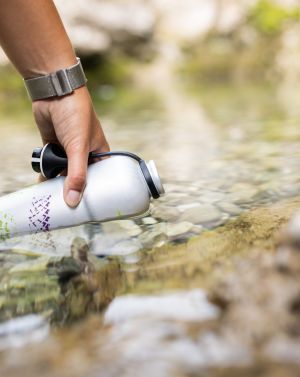
















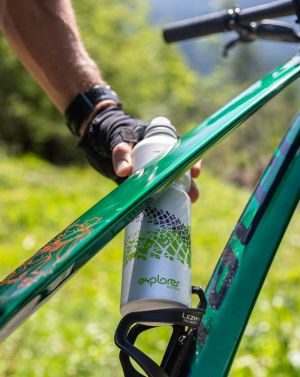



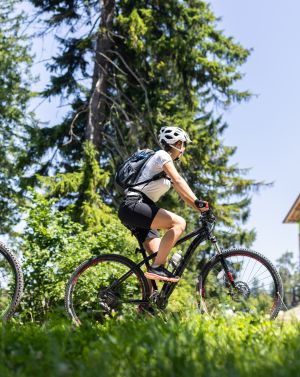

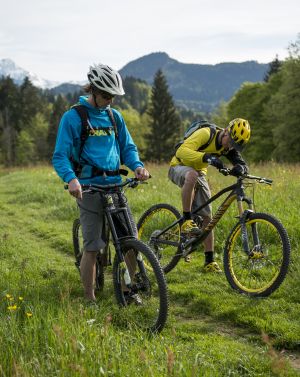





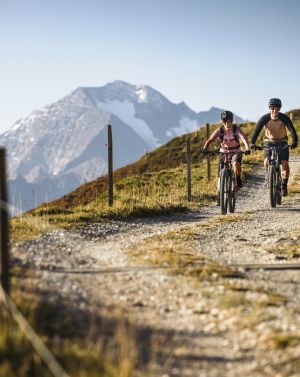




"As Explorer Hotels, we are committed to integrating our actions in a responsible way toward the environment."